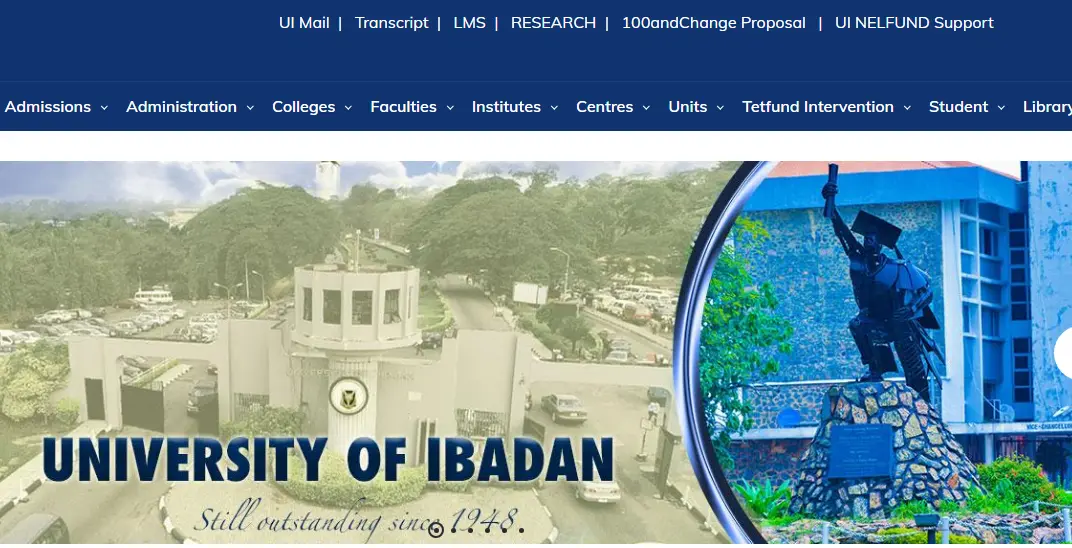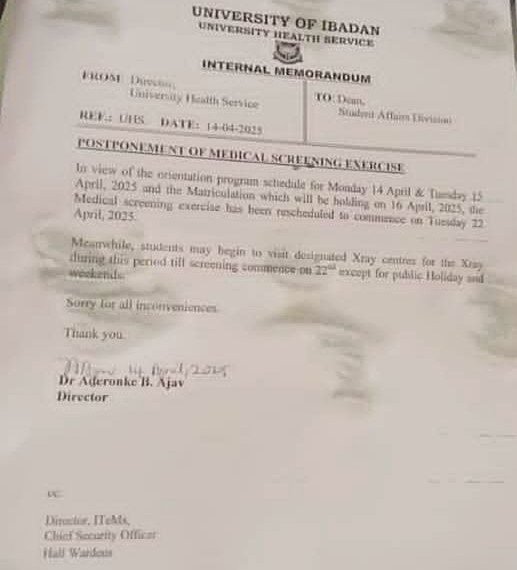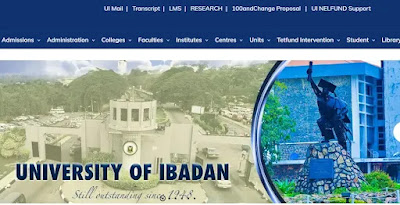The Federal Government of Nigeria has added 15 new trades to the Basic Education curriculum to improve the employability and skill set of primary and junior secondary school graduates. The new curriculum for Basic Education will go into effect in January 2025.
He said that the National Skills Framework and the curriculum were authorized with a specific implementation schedule by the last Thursday was National Council on Education (NCE) day.
Additionally, Mamman revealed that work is ongoing to create the new Senior Secondary Education Curriculum, which will be prepared for September 2025 is the date of implementation.
Related News
- NELFUND reviewed three reasons for the delay in the October upkeep payment
- NELFUND: Upkeep not canceled, we’ve disbursed over N10bn to 40,000 students
- Ruth Titilayo Educational Foundation Scholarship 2025 Program
- Egbe Omo Yoruba Scholarship for undergraduate 2024/2025 (Greater Miami Valley in the USA
- 4 new ways to contact NELFUND for instant response (STOP RAISING TICKETS!)
He claims that the government will adjust the plans over the next three months to guarantee that the curriculum is completely implemented in both public and private schools beginning in January of the following year.
Among other things, this includes improving infrastructure, creating teacher guides, and training educators.
He clarified that the curriculum was created to give Nigerian students 21st-century skills so they could become employers, become self-sufficient, and make significant contributions to the nation’s progress.
He reiterated how out of date the previous curriculum was—it had been in use since 2012. The new curriculum, once implemented, would make graduates from Nigerian institutions globally competitive.
The Minister emphasized that Basic Digital Literacy—which covers robotics and IT—has been added to the list of regular subjects with the recently added disciplines.
“For Vocational and Entrepreneurship Studies, or trades, we have different sectors comprising various trades. For example, POP installation is combined with floor works, tiling, and plumbing in the building and construction sector.
“We provide Bakery and Confectioneries together with Event Management and Decoration in the Hospitality and Leisure sector. We also offer interior design, makeup, and hair styling.
GSM repairs, CCTV, intercom installation and maintenance, solar installation and maintenance, and satellite or TV antenna installation are all included in the services sector.
In addition, we have agriculture and processing, garment making, beekeeping, horticulture, sheep and goat farming, chicken and rabbit farming, and crop production. We’ve added roughly 15 additional trades in total for Basic Education, he said.
According to the Minister, students would learn about all career-related topics in school, but in the end, they would be allowed to select one or two entrepreneurial trades to graduate with.
With an emphasis on skills, the new curriculum aims to blend knowledge, skills, and values. This guarantees that graduates have employable skills that will enable them to contribute to society and lead fulfilling lives.





